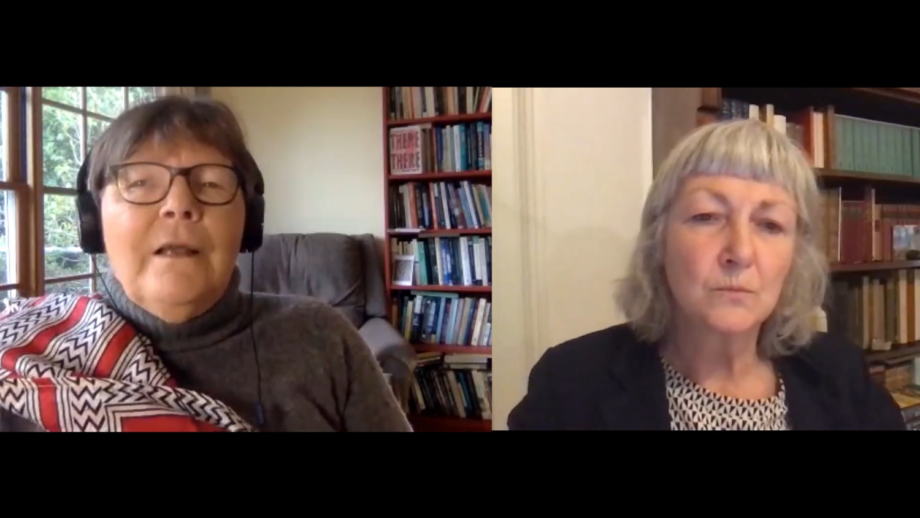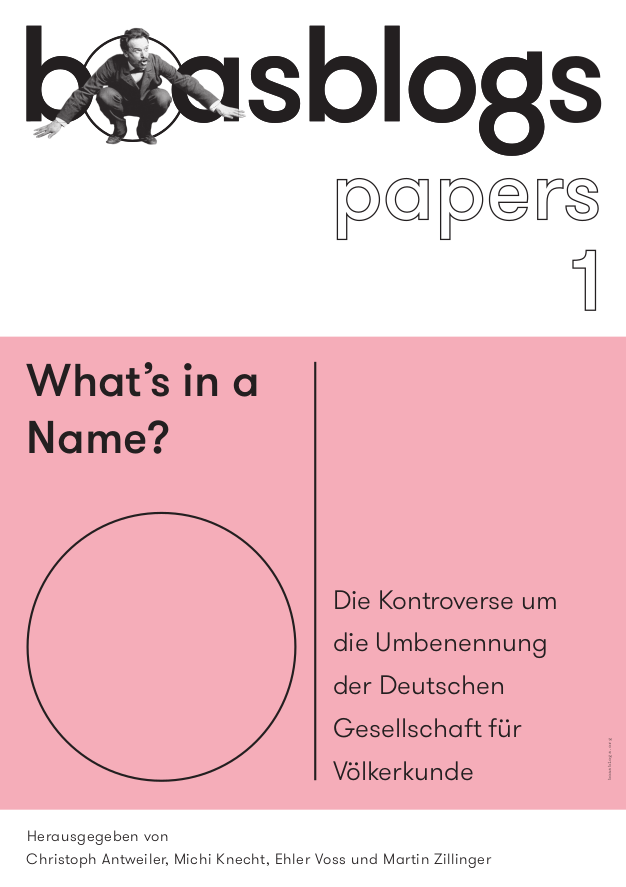

Un/Commoning Anthropology


Co-Producing Knowledge


DCNtR


Decolonizing Anthropology


Contested Knowledge


Researching Capitalism


Undoing Race and Racism


Witnessing Corona


Curare Corona Diaries


Fieldwork meets crisis


Universalismus auf Umwegen


The end of negotiations!?


Why anthropology?


What's in a name?


Cultural relativism and enlightenment
We use cookies on our website to give you the most relevant experience by remembering your preferences and repeat visits. By clicking “Accept”, you consent to the use of ALL the cookies.
Privacy & Cookies Policy
Privacy Overview
This website uses cookies to improve your experience while you navigate through the website. Out of these cookies, the cookies that are categorized as necessary are stored on your browser as they are essential for the working of basic functionalities of the website. We also use third-party cookies that help us analyze and understand how you use this website. These cookies will be stored in your browser only with your consent. You also have the option to opt-out of these cookies. But opting out of some of these cookies may have an effect on your browsing experience.
Necessary cookies are absolutely essential for the website to function properly. This category only includes cookies that ensures basic functionalities and security features of the website. These cookies do not store any personal information.



